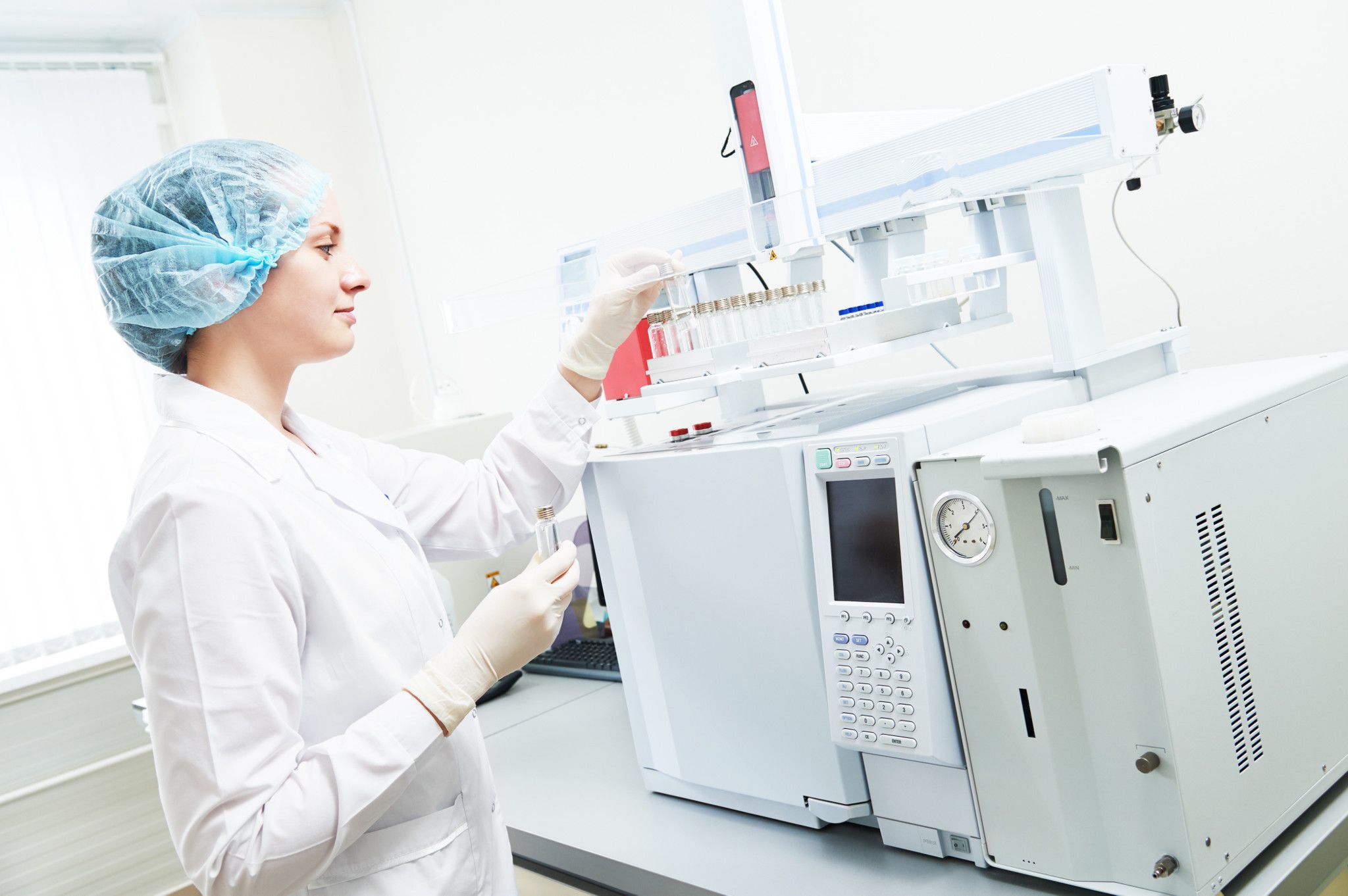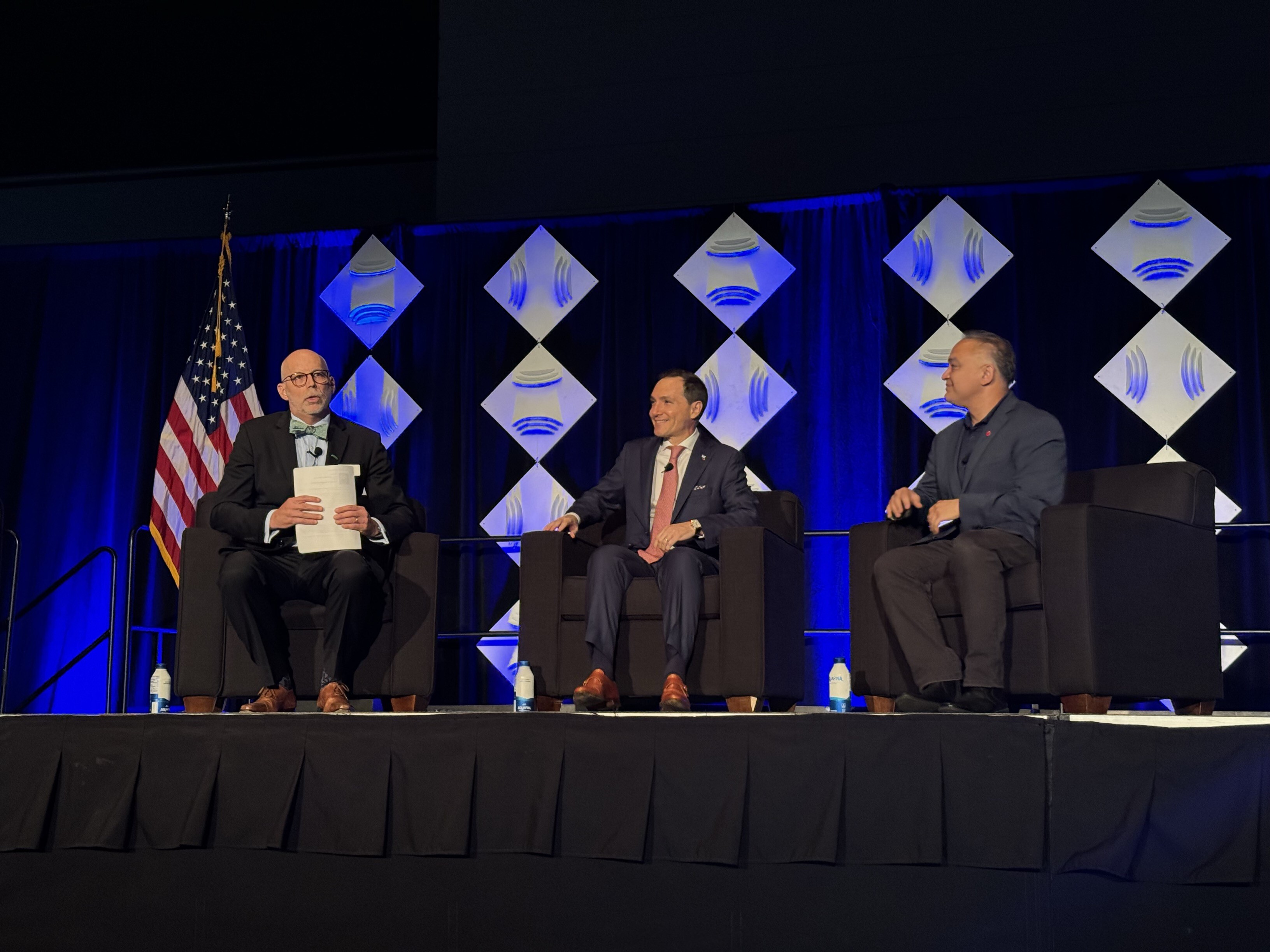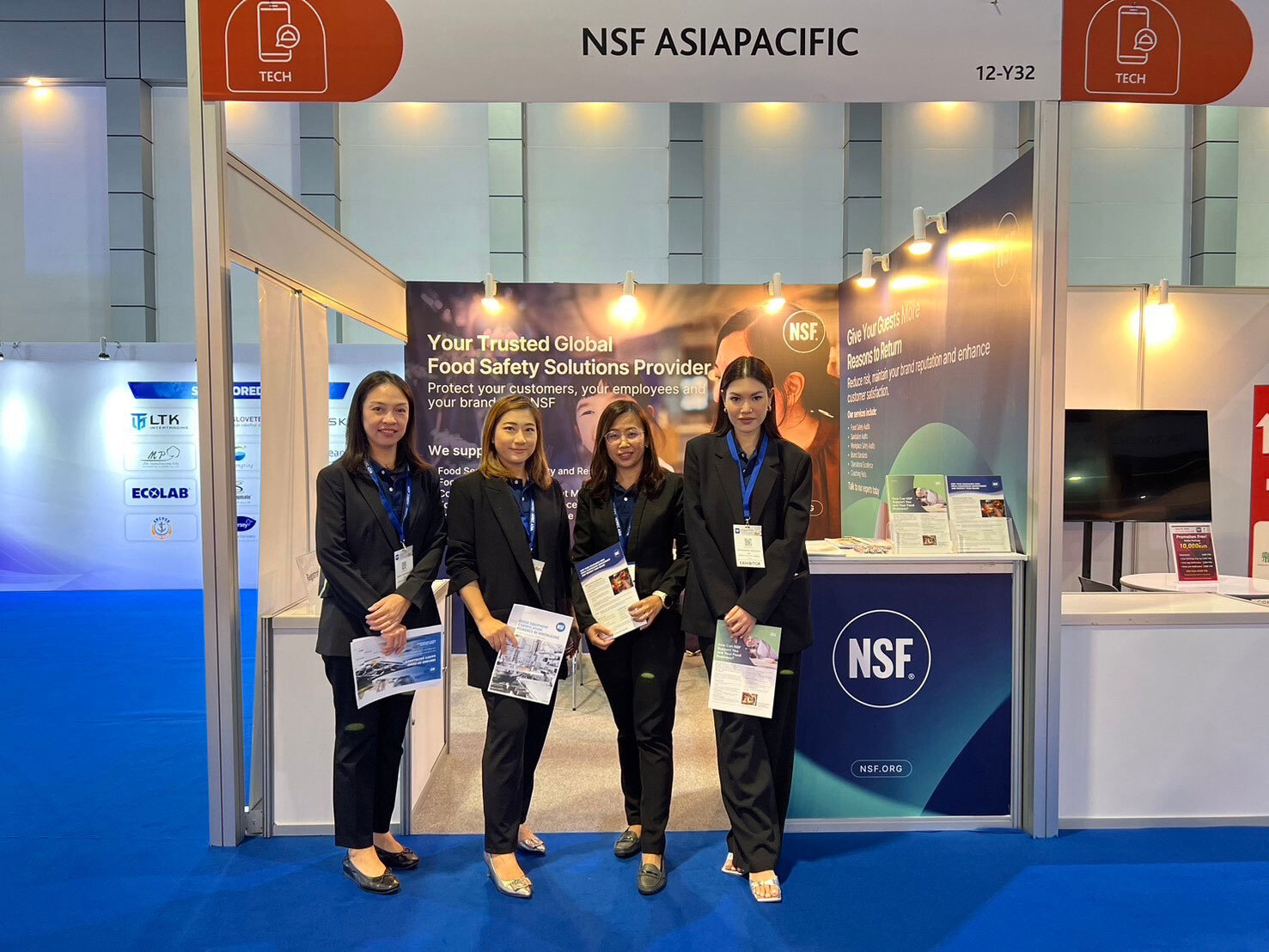Public Health Researchers Warn of Dietary Supplements Containing Higenamine
ANN ARBOR, Mich. – Less than two years after the World Anti-Doping Agency (WADA) added higenamine to its list of substances prohibited in sport, an international team of public health researchers has published a peer-reviewed study documenting inaccurately labeled and potentially harmful levels of the stimulant in weight-loss and sports/energy supplements available in the United States. Based on the findings, the researchers are urging consumers to use caution when consuming supplements labeled as containing higenamine. The research was published in the peer-reviewed journal Clinical Toxicology.
“We’re urging competitive and amateur athletes, as well as general consumers, to think twice before consuming a product that contains higenamine,” said John Travis, Senior Research Scientist at NSF and a co-author of the study. “Beyond the doping risk for athletes, some of these products contain extremely high doses of a stimulant with unknown safety and potential cardiovascular risks when consumed. What we’ve learned from the study is that there is often no way for a consumer to know how much higenamine is actually in the product they are taking.”
The independent study was conducted by researchers at global public health organization NSF, Harvard Medical School and the National Institute for Public Health and the Environment (RIVM) in the Netherlands. The researchers studied 24 products labeled as containing higenamine or the synonyms “norcoclaurine” or “demethylcoclaurine” and found unpredictable and potentially harmful quantities of the stimulant ranging from trace levels to 62 mg per serving. Of the 24 products tested, only five listed a specific quantity of higenamine on the label, and none of those five quantities were accurate. Based on the labeled directions for use, consumers could be exposed to up to 110 mg of higenamine per day. The health risks of higenamine remain poorly understood, but as a beta-2 agonist, it has been prohibited from sport by the WADA, and therefore poses a risk to competitive athletes’ careers.
"Some plants, such as ephedra, contain stimulants. If you take too much of the stimulants found in ephedra, it can have life-threatening consequences. Similarly, higenamine is a stimulant found in plants,” said Dr. Pieter Cohen, Associate Professor of Medicine at Harvard Medical School, Internist at Cambridge Health Alliance and a co-author of the study. “When it comes to higenamine, we don't yet know for certain what effect high dosages will have in the human body, but a series of preliminary studies suggest that it might have profound effects on the heart and other organs."
Dietary supplements lead to an estimated 23,000 emergency department visits each year in the United States, and weight loss and sports supplements contribute to a large portion of these emergency department visits.
“Higenamine is a natural constituent of several traditional botanical remedies, such as aconite root and Aristolochia brasiliensis,” said Travis. “While higenamine is considered a legal dietary ingredient when present as a constituent of botanicals, our research identified concerning levels of the stimulant and wildly inaccurate labeling and dosage information. And, as a WADA-prohibited substance, any amount of higenamine in a dietary supplement should be of concern to the competitive athlete.” The research points to the need for independent testing and certification of dietary supplements, a public health service that NSF provides.
NSF facilitated the development of the only American National Standard for dietary supplements (NSF/ANSI 173), which became the foundation of NSF’s accredited dietary supplement certification program in 2001 (ANSI-Accredited Product Certification Body – Accreditation #0216). To earn NSF certification, products are tested for product formulation, label claims and harmful levels of specific contaminants and potentially harmful ingredients. Additionally, NSF certified dietary supplements must be produced in a manufacturing facility that is inspected twice a year to comply with the U.S. FDA’s Good Manufacturing Practice (GMP) requirements.
Products certified under NSF’s Certified for Sport® program must meet additional requirements and are screened for more than 272 athletic banned substances. Many professional and elite sports associations and leagues recommend or require the use of Certified for Sport® products, including MLB, NHL, NFL, PGA, LPGA, CFL and the Canadian Centre for Ethics in Sport.
Consumers with questions about NSF certified supplements can contact the NSF consumer hotline at 1-800-673-8010 or email info@nsf.org.
| Product | Manufacturer | Higenamine in milligrams per maximum recommended daily intake (+/-95%CI)* |
|---|---|---|
|
*Higenamine amounts were rounded after performing calculations; the 95% CI is the 95% confidence interval calculated from the single laboratory method validation and equivalent to the expanded method uncertainty. | ||
| Adrenal Pump | Total Body Nutrition/TBN Labs | >0.01 |
| Apidren | NutriPharm USA Inc. | 57 |
| Beta-Stim | Ronnie Coleman Signature Series | 69 |
| Burn-HC | VMI Sports Nutrition | 29 |
| Defcon1 Second Strike | Platinum Labs | >0.01 |
| Diablo | ANS Performance | 44 |
| DyN.O. | RSP Nutrition | 27 |
| Gnar Pump | Dom Merch/Bro Supps | >0.01 |
| Higenamine | Powder City | Not Applicable |
| High Definition | MBI Performance | 110 |
| HyperMax | PerforMax Labs | >0.01 |
| iBurn2 | M4 Nutrition | 6.8 |
| Liporidex Max | Nuretix Research | 6.1 |
| Liporidex PLUS | Nuretix Research | 5.9 |
| LipoRUSH DS2 | NDS Nutrition | 41 |
| N.O. Vate | Applied Nutriceuticals | 25 |
| OxyShred | EHP Labs | 70 |
| Prostun-Advanced Thermogenic | HD Labs | 39 |
| Pyroxamine | Myokem | 89 |
| Razor8 | AllMax | 62 |
| Ritual | ANS Performance | 14 |
| Stim Shot | Lecheek Nutrition | 88 |
| ThermoVate | Applied Nutriceuticals | 18 |
| Uplift | NLA for Her | 3 |
For media inquiries, please contact Thomas Frey at media@nsf.org or +1 734 214 6242.
NSF is an independent, global organisation that facilitates the development of standards, and tests and certifies products for the dietary supplements, food, water, health sciences and consumer goods industries to minimise adverse health effects and protect the environment. Founded in 1944, NSF is committed to protecting human health and safety worldwide. With operations in more than 175 countries, NSF is a Pan American Health Organization/World Health Organization (WHO) Collaborating Centre on Food Safety, Water Quality and Indoor Environment.
Share this Article
How NSF Can Help You
Get in touch to find out how we can help you and your business thrive.

What’s New with NSF

NSF Shanghai Named Critical Site for NSF/ANSI 455 and NSF/ANSI 173 by ANSI National Accreditation Board
July 26, 2024
NSF Takes Center Stage at NEHA Annual Education Conference
July 25, 2024
NSF Asia Pacific Showcases Hospitality Solutions at THAIFEX HOREC Asia 2024 in Bangkok, Thailand
July 4, 2024